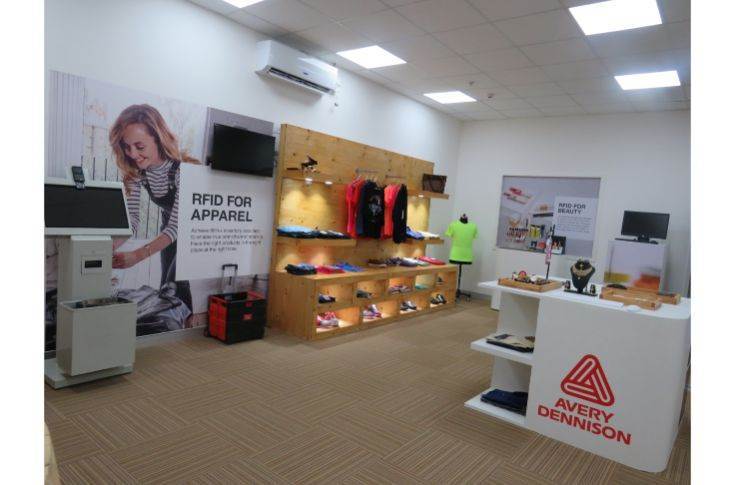Pankaj Bhardwaj: We need to make employee value proposition more compelling
A leader’s job is to position the organisation to get the best out of current and future opportunities,” says Pankaj Bhardwaj of Avery Dennison. “I try to strike a balance between urgent and important and spend some time regularly on what may not be urgent but is important.”
As print and packaging industries are looking for a new normal post pandemic and analysing future prospectives, Bhardwaj shares few key insights on how to move forward in sustainability and technology.
27 Jun 2020 | By WhatPackaging? Team
Single-use plastics problem
Single-use plastics has been a subject of discussion around the world. The Covid-19 situation has added a few dimensions to this discussion further. Given that single-use plastic applications have penetrated deep and wide in the ecosystem. I think we need to get deeper in isolating applications that have some credible, affordable and workable options like paper based products. For the rest, focus should move onto collection, segregation and responsible disposal of this plastic. As businesses, we should identify our milestones and measure our progress against them.
Creating genuine anti-counterfeiting
Anti-counterfeit is a growing need for sure and it’s a constantly evolving area. We believe in furthering the world wherein each physical product shall have a unique digital identity and that shall help better track and trace of products and make authentication easier.
Food packaging applications in India

We see that food labelling is yet in its infancy stage. As the packaged food requirement shall go up, possibly faster in the post-Covid-19 world, we shall see the need for FDA grade, deep freeze, migration free requirements going up. We also see potential for enclosure; reseal labels for improving consumer experience and engaging them.
Putting technology to proper use
Automation and digitisation are mega trends. My simple mantra for rallying the organisation is by painting the future and making the team visualise it with and without adoption of technology. We have learnt that in the shorter run, technology adoption may bring confusion and anxiety; however, in the longer run it brings clear competitiveness.
Defining a smart factory in India

I wonder if there are any true smart factories around us. However, there are many elements of smart factories that are getting adopted and it’s to that extent we have made progress. We have implemented five projects that use IOT (Internet of Things) or artificial intelligence as the core technology. Among one of these, is the launch of AD Track, a real-time solution offered to the customer wherein they can track real-time location of their in-transit material on their smartphone just like any food delivery app. Another one is hiring an AI-based chatbot for real time employee engagement.
Nurturing employees
We need to make our employee value proposition more compelling. I have the perception of it being an underinvested area in the industry. Moreover, we need to institutionalise progressive policies, learn to nurture talent and aspire to be an employer of choice. If we do this, the ability to attract talent shall be automatically enabled. For young and fresh talent, I think we need to design and implement industry specific skills and development programmes. We run such programmes for the industry wherein we impart training to college students and help industry to absorb them.
Sustainability at Avery Dennison

We have published our sustainability goals and we publish annual progress against them transparently. For both offset and flexo printers, we offer FSC-grade papers, thinner constructions and easy to recycle adhesives solutions. In addition to this, we offer a unique liner and matrix waste recycling programme for printers and brand owners. The drive for sustainability this time is coming right from consumers and we as consumers can pretty well segregate, aggregate and hand over the waste to many recyclers that today collect right from societies and neighbourhoods.













 See All
See All